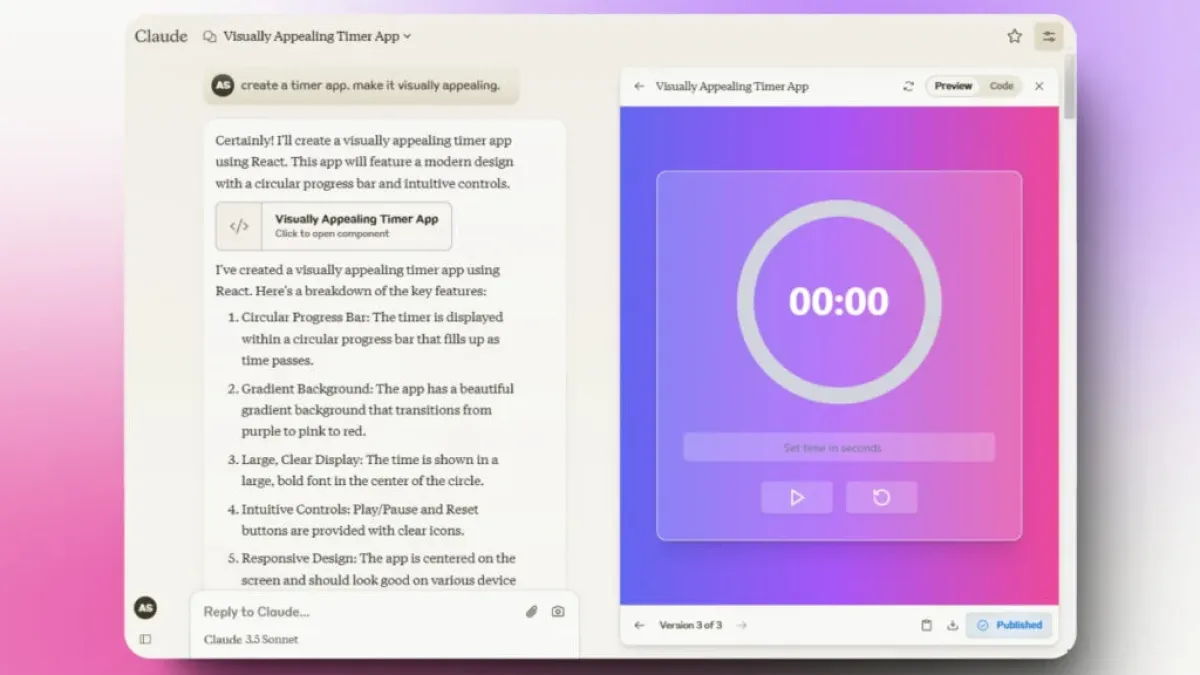Former President Donald Trump has once again found himself at the center of controversy. On Monday, he labeled Minnesota Governor Tim Walz as “freakish” during a speech in New Hampshire. This remark has sparked strong reactions from both Democrats and Republicans. Trump’s statement has added fuel to the ongoing political fire between the two parties, leading to increased tensions and harsh criticisms.
Trump’s Controversial Comments
While speaking at a rally, Trump criticized several prominent Democrats, but his harshest words were reserved for Governor Walz. Trump called Walz “freakish” and accused him of being out of touch with the needs of the people. The former president suggested that Walz’s policies have been detrimental to Minnesota, particularly during the COVID-19 pandemic. Trump’s comments were intended to energize his base and paint Democrats as extreme and disconnected from everyday Americans.
Immediate Reactions From Democrats
Democrats were quick to respond to Trump’s comments. Many leaders within the party condemned the former president’s use of the term “freakish.” They argued that Trump’s language is an attempt to distract from his own legal and political troubles. Governor Walz himself responded on social media, calling Trump’s remarks “childish” and “unbecoming of someone who has held the highest office in the land.” Walz went on to defend his record, emphasizing his work on health care, education, and public safety in Minnesota.
Furthermore, Democratic National Committee (DNC) Chair Jaime Harrison released a statement calling Trump’s behavior “divisive” and “irresponsible.” Harrison urged Democrats to remain focused on their policies and not be drawn into Trump’s attacks. He also called on Republicans to denounce Trump’s comments, though many within the GOP have remained silent on the matter.
Republican Response and Silence
Interestingly, the Republican response to Trump’s comments has been mixed. Some Republican leaders, including former Vice President Mike Pence, avoided directly addressing the “freakish” comment. Instead, they focused on broader criticisms of Democratic policies. Pence, who is also considering a 2024 presidential run, emphasized the need for civility in politics but did not directly rebuke Trump’s language.
However, other Republicans privately expressed concern that Trump’s remarks could harm the party’s image. They worry that such rhetoric may alienate moderate voters who are tired of the aggressive and polarizing language that has characterized much of American politics in recent years.
The Impact on the Political Landscape
Trump’s comments come at a time when the political environment in the United States is already highly charged. With the 2024 presidential election on the horizon, both parties are gearing up for what is expected to be a contentious and closely fought race. Trump remains a dominant figure within the Republican Party, and his words carry significant weight. As such, his labeling of Governor Walz as “freakish” has the potential to deepen divisions within the electorate.
On the other hand, Democrats are using this incident to rally their base. They are painting Trump’s comments as evidence of the kind of leadership they want to move away from. Governor Walz has seen an outpouring of support from his party, with many urging him to continue his work in Minnesota despite the former president’s criticism.
Moving Forward
As the political tension continues to rise, it is clear that Trump’s remarks will be a talking point for some time. Both parties will likely use this incident to their advantage as they prepare for upcoming elections. Trump’s label of Governor Walz as “freakish” may energize his supporters, but it also risks alienating those who are looking for a more respectful and inclusive political discourse.
In the coming weeks, it will be important to watch how both Trump and Walz respond to this situation. The fallout from Trump’s comment may influence the strategies and rhetoric used by both parties as they navigate the complex political landscape leading up to the 2024 election.








